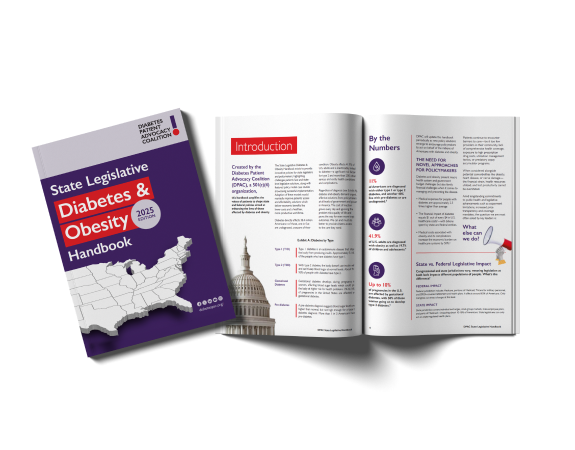Helping patients access lower-cost medications:
a community-based approach
.png)
.png)
Many Americans struggle to afford essential medications needed to manage their chronic conditions and risk complications from non-adherence. Various prescription assistance programs provide a lifeline for patients but are often difficult to navigate, hindering access to affordable prescriptions—especially in underserved communities.
Kentucky has adopted a unique, community-based solution to this problem, connecting eligible individuals with free or reduced-cost prescriptions through a network of local organizations and volunteer navigators.


Eligibility for the program is based on income guidelines set by participating entities. While incomes below 400% of the federal poverty level often qualify, interested participants with higher incomes or who have insurance may be eligible if their medications are not covered by their benefits. Ineligible Kentuckians may still reach out to a KPAP navigator to receive consultation about other potential sources of low-cost prescriptions.

KPAP’s efficient deployment of its annual $600K appropriation may make it the only state program across the nation to deliver a 78-times return on investment—an exemplary model of fiscal stewardship that helps residents access affordable prescriptions for managing chronic conditions.

Operating within the Kentucky Cabinet for Health and Family Services (CHFS), KPAP is funded by a $600,000 annual line-item appropriation and staffed by two full-time employees and one contractor.

By working with local entities—including health departments, hospitals, food pantries and faith-based organizations—the program reaches all 120 counties in the state. KPAP staff members serve as program liaisons to their community-based partners and train volunteer advocates to operate as prescription assistance program navigators.

KPAP also provides ongoing support for its partner organizations through weekly virtual office hours, monthly software training, and individual training and troubleshooting.

Would you like to contact DPAC to work on legislation in your state? Drop us a line.
